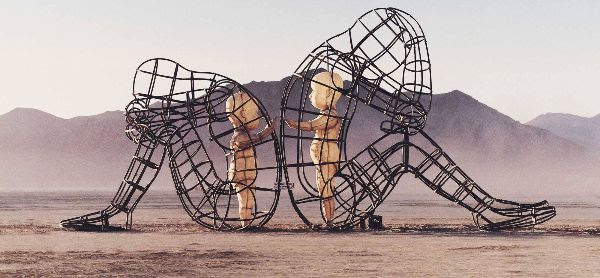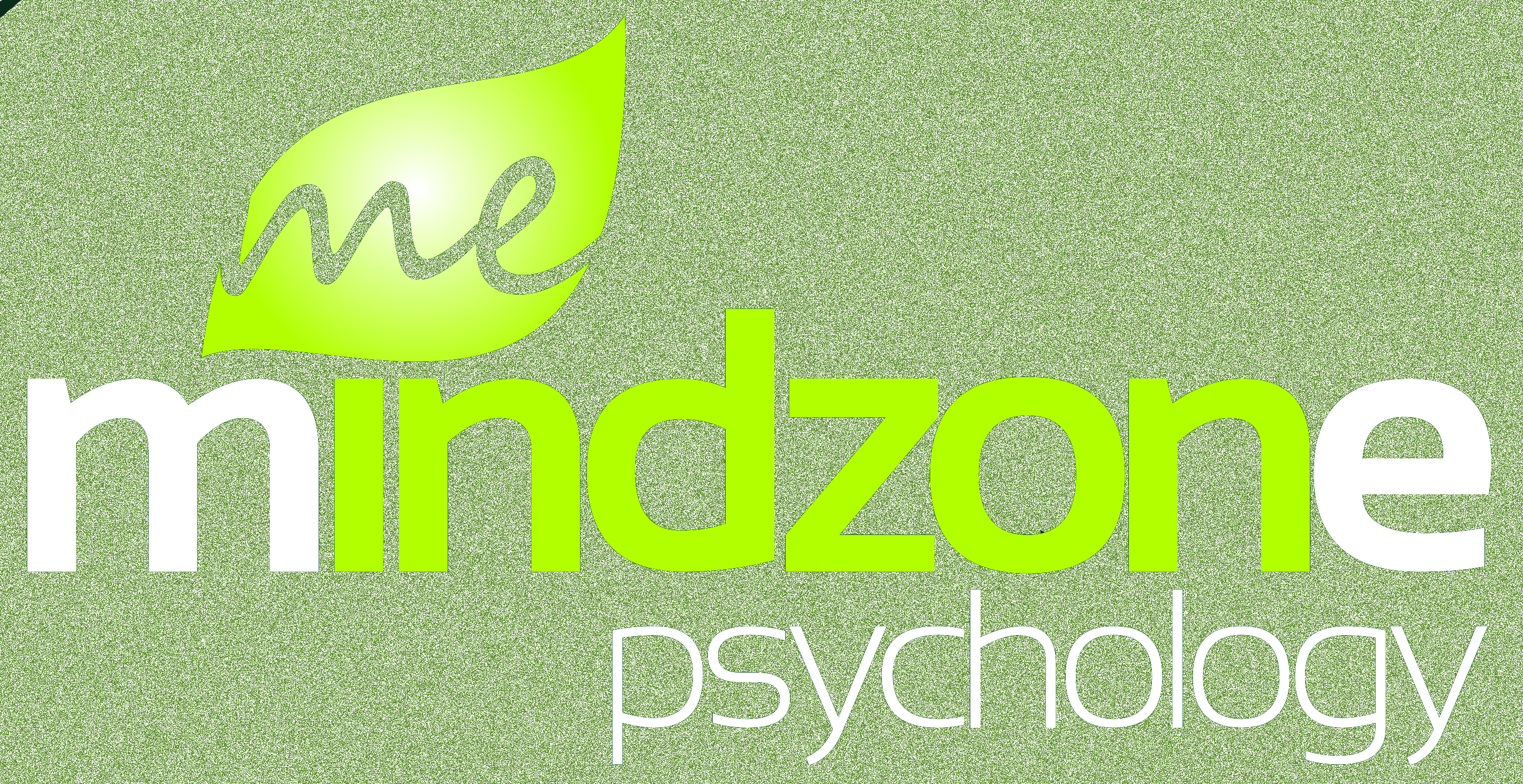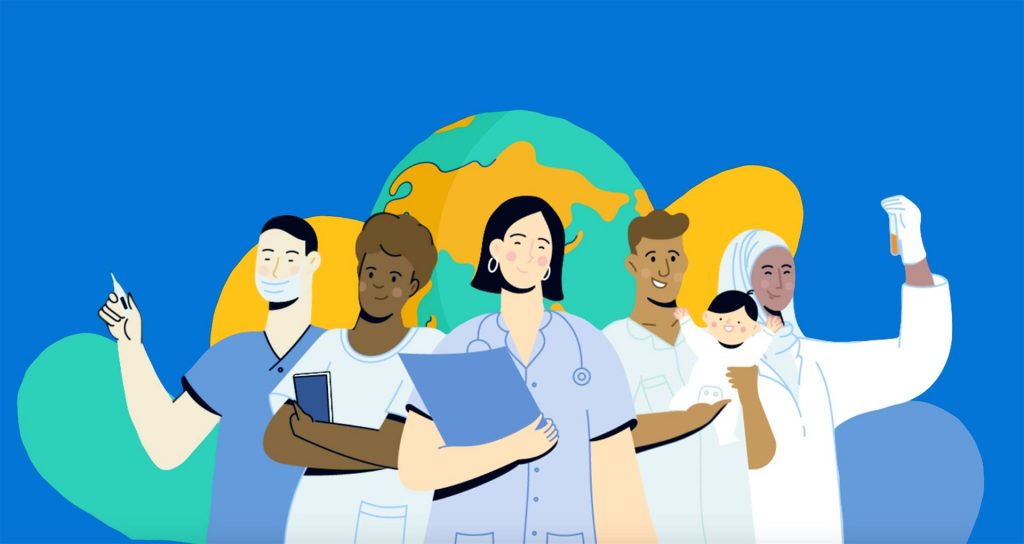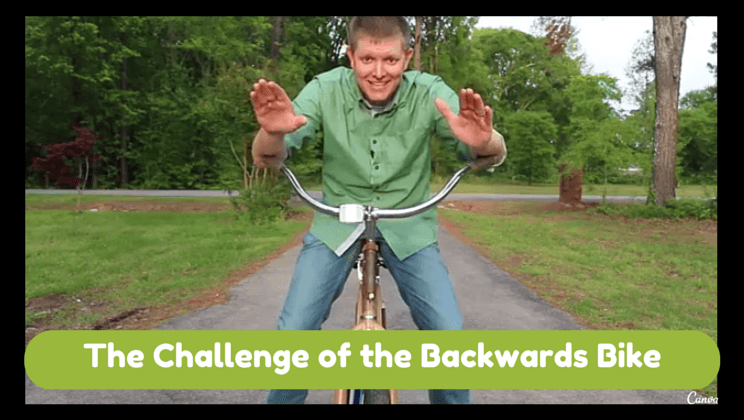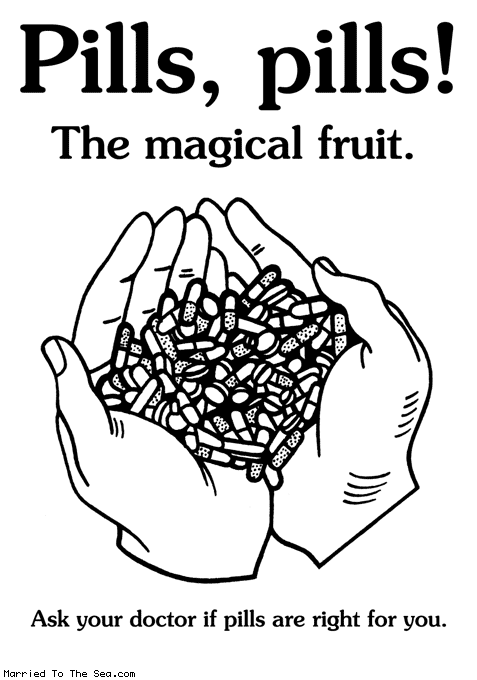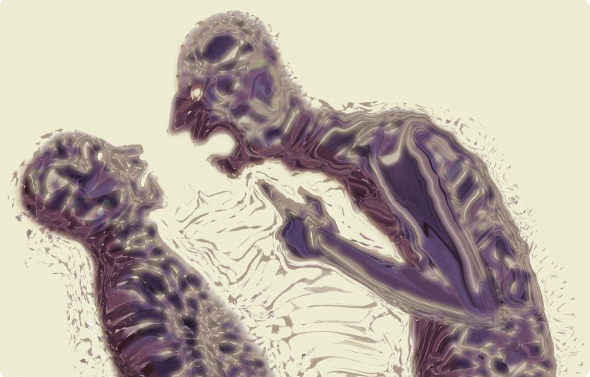Bill and Melinda Gates have announced their divorce (more here: https://www.theguardian.com/technology/2021/may/03/bill-gates-divorce-melinda-gates-billionaire-couple). In their tweet, the Couple said that they put “a lot of work” into their relationship. And I think that unlike the ‘Happily Ever After’ fairy-tale, most of us understand that relationships require effort. So, here’s to WYSH-ing – Winning Your Sweetheart’s Heart 🙂
